[Update: Intro warning: If it is not obvious, this is snark! That’s why the original piece closed with reference to Yesmen!)
Washington – Harkening back to President Roosevelt’s New Deal, the Obama administration today announced a new federal agency, the CCC – Carbon Control Corporation.
The new CCC was modeled on FDR’s Civilian Conservation Corps and the Tennessee Valley Authority, depression era agencies that spurred employment, conservation of the nation’s natural resources, and brought affordable electric power to millions of homes.
Obama, joined by Treasury Secretary Geithner and Energy Czar Carol Browner, said the CCC would manage and finance energy and global warming policy goals, while spurring employment.
Headed jointly by internationally recognized Princeton Professors Cornel West, and Nobel Prize winning economist Paul Krugman, the $250 billion per year CCC program will make massive federal infrastructure investments and be funded by three major sources:
1) a surcharge on carbon intensive fuels – domestic coal and oil imports;
2) full refund of the $700 billion Wall Street bailout money; and
3) savings from phase out of the AfPak and Iraq wars and redeployment of 250,000 US troops stationed at over 725 foreign military bases in 120 countries, including Germany, Japan, and North Korea.
“Today, we take the first large step on the sustainable energy path, and call an end to US military empire” said Obama. “The CCC will restore US manufacturing sector jobs and jump-start a socially just and equitable jobs based economic recovery. The era of deindustrialization, deregulation, privatization, and finance based taxpayer subsidized speculative global trade schemes is over.”
“I have directed CCC head Cornel West to begin immediately with an expanded “cash for clunkers” program for refrigerators, hot water heaters, and furnaces and energy efficiency in America’s homes.
We will channel $30 billion to US consumers in the next 30 days. We will have 10,000 wind, solar, and mass transportation projects underway before the snow falls.
At the upcoming Copenhagen global warming conference, I will present a detailed plan to phase out the nation’s coal power plants over the next 10 years and construct a world class national inter-city rail and urban mass transit system.” he said.
Governor Corzine applauded the CCC, saying “Obama’s leadership will assure that NJ meets my global warming and energy efficiency and conservation goals, as well as avoid the need to finance implementation via a securitized gas tax revenue stream and expanded privatization initiatives,”the NJ Governor said, referring to his prior controversial proposals to increase tolls, privatize the NJ Turnpike, and failed plan to fully fund the Transportation Trust Fund .
“These are crucial positive developments in light of the upcoming election – I am so glad that we finally we can deploy NJ’s National Guard to serve our communities here at home, instead of killing innocent civilians in foreign lands” he concluded.
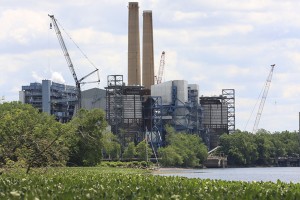 Corzine was joined by a PSEG spokesman, who announced that PSEG would immediately develop plans to close all 4 NJ coal plants; cancel midwestern coal power energy importation contracts; end export of power to the NY City market; abandon controversial new power lines through the NJ Highlands, and south jersey; increase commercial rates and decrease shareholder profits; and provide rebates to low and moderate income families.
Corzine was joined by a PSEG spokesman, who announced that PSEG would immediately develop plans to close all 4 NJ coal plants; cancel midwestern coal power energy importation contracts; end export of power to the NY City market; abandon controversial new power lines through the NJ Highlands, and south jersey; increase commercial rates and decrease shareholder profits; and provide rebates to low and moderate income families.
“However, because of the ongoing environmental impacts of our power line operations and the way we corrupted and undermined trust in government, PSEG will continue the $18.6 million payment to the Highlands Council.” PSEG spokesman concluded.
In a statement, other major NJ energy providers echoed PSEG, and pledged to shutdown the aging Oyster Creek plant, and cancel a controversial Linden coal plant and offshore LNG. “We will redouble our wind, solar, and conservation efforts” the energy industry said.
Conservative Republican challenger Christie blasted the Obama CCC as a government takeover, and opposed the thousands of new jobs that would be created as “more bureaucracy“.
Independent challenger Daggettt urged Corzine to be “realistic” and repeated his claim that renewable energy is more expensive than coal.
The Obama move was applauded by NJ Environmental Czar Bill Wolfe, recently named to revitalize NJ’s hapless ENGO community. “Health, Beauty , Permanence, Jobs, Peace, and Social Justice are now guiding our government policies and programs, as well as our personal aspirations” said Wolfe.”Like we’ve been saying for 40 years: “Small is Beautiful” and there really are “Limits to Growth“.
This post was brought to you in the spirit of The Yesmen

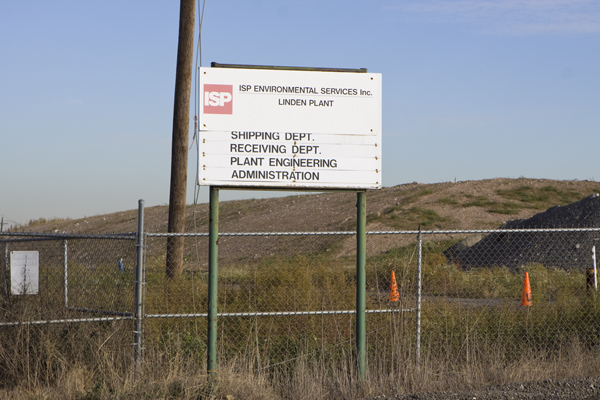
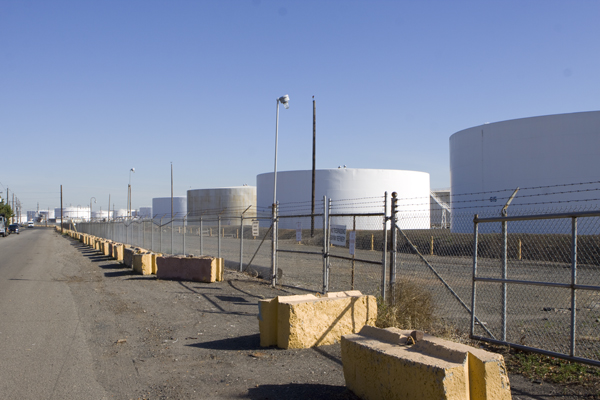


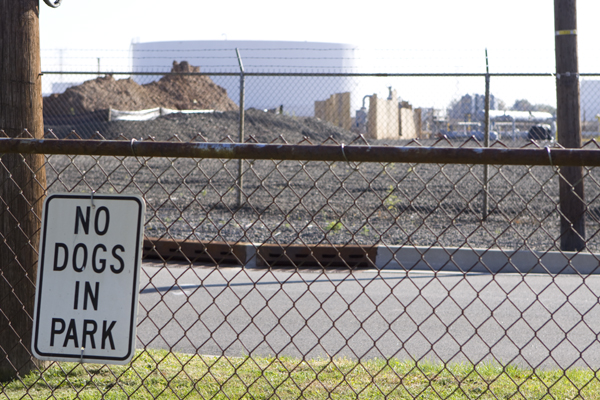
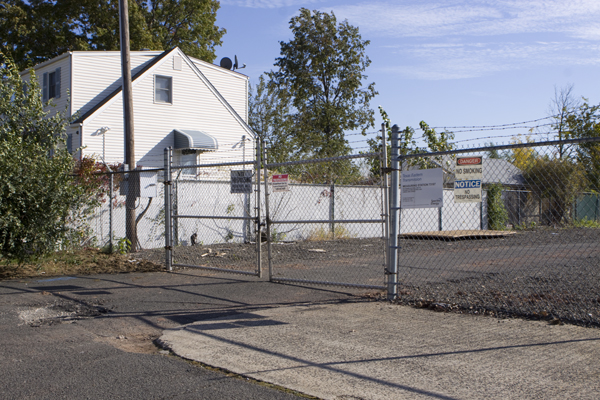
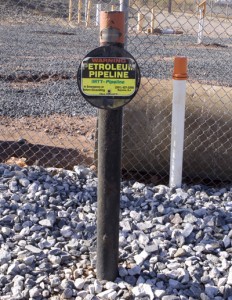
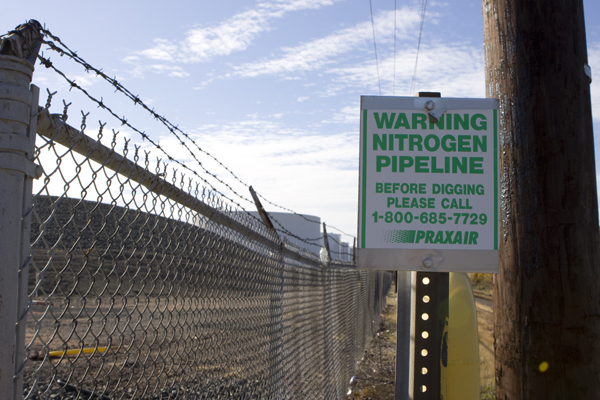
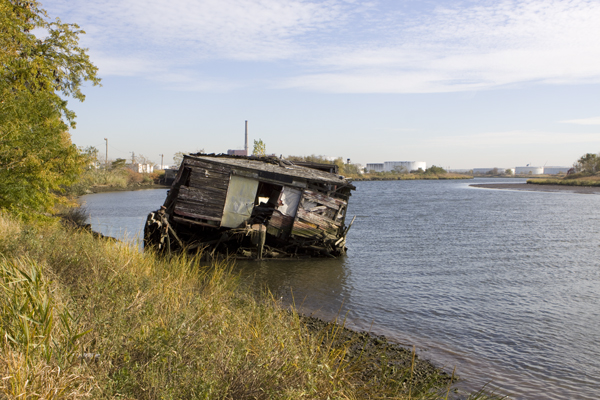
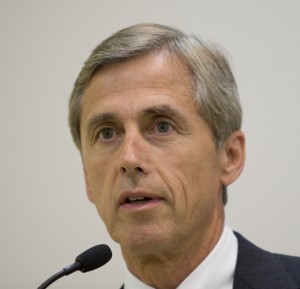
 Corzine was joined by a PSEG spokesman, who announced that PSEG would immediately develop plans to close all 4 NJ coal plants;
Corzine was joined by a PSEG spokesman, who announced that PSEG would immediately develop plans to close all 4 NJ coal plants;